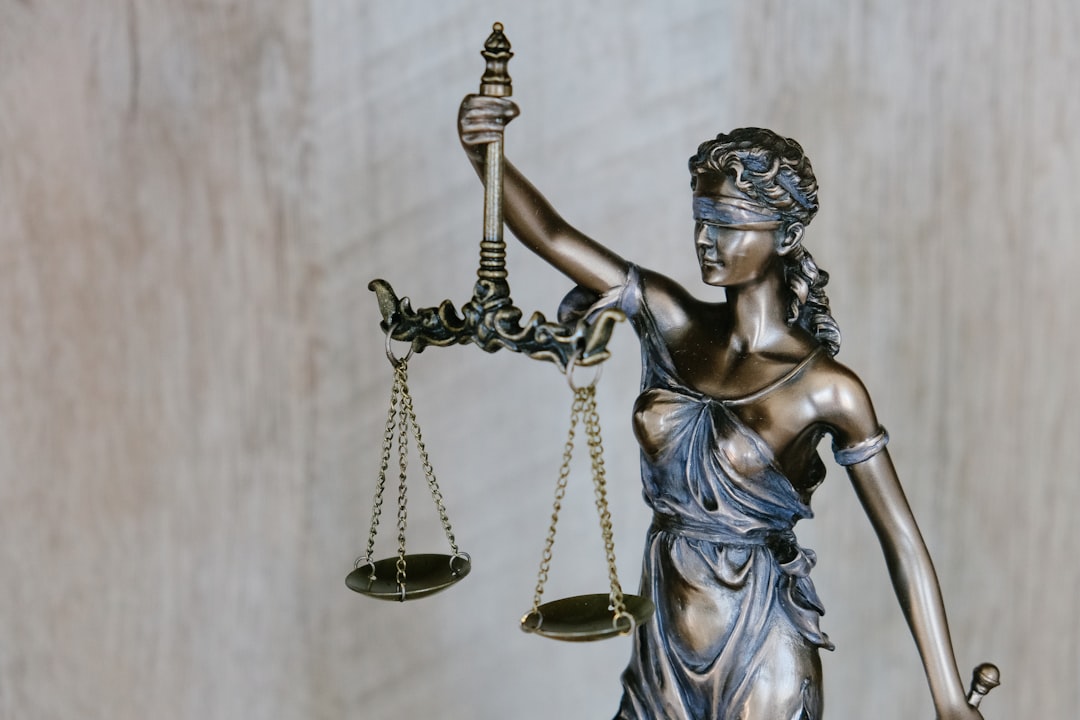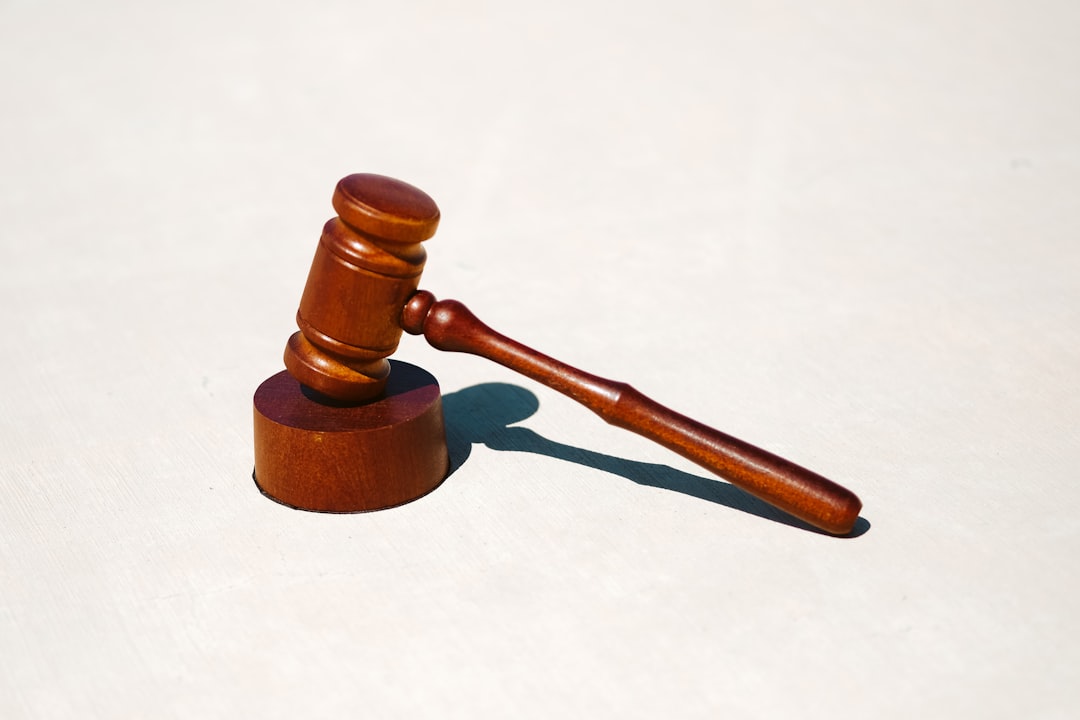Sexual abuse within Denver, CO community organizations requires a multifaceted approach. Training and education are vital; this includes staff training, consent workshops, and legal updates from sexual abuse attorneys Denver CO. Robust policies, open communication, and reporting procedures create safer environments. Collaborating with local law enforcement and attorneys empowers survivors and deters perpetrators, fostering a culture of respect and protection.
In Denver, Colorado, community organizations play a pivotal role in preventing sexual abuse. This article delves into comprehensive strategies to safeguard individuals within these settings. We explore key aspects such as understanding the dynamics of sexual abuse in community contexts, establishing safe environments, staff and volunteer training, legal policy implications highlighted by Denver’s sexual abuse attorneys, and empowering survivors. By implementing these measures, organizations can foster a culture of safety and support, significantly reducing risks of sexual abuse.
Understanding Sexual Abuse Dynamics in Community Settings

Sexual abuse within community organizations is a complex issue that requires a nuanced understanding of its dynamics. In Denver, Colorado, where various cultural and social groups coexist, recognizing the unique challenges and risk factors associated with community settings is essential. Community organizations, such as sports teams, youth clubs, or religious groups, can inadvertently create environments conducive to abuse due to their close-knit nature and power imbalances between adults and children.
Sexual abuse attorneys in Denver CO emphasize that educative programs and policies are vital tools for prevention. These include training staff and volunteers on recognizing red flags, establishing clear boundaries, and implementing robust reporting procedures. By fostering a culture of openness and consent, organizations can empower individuals to speak out against inappropriate behavior, thereby disrupting potential abusive patterns and ensuring the safety of all members within their care.
Role of Organizations: Establishing Safe Environments

Community organizations play a pivotal role in fostering safe environments and preventing sexual abuse in Denver, CO. By implementing robust policies and training programs, these entities can create a culture that discourages any form of misconduct. Organizations should prioritize open communication channels where individuals feel comfortable reporting incidents without fear of retaliation. They can also conduct regular background checks on staff, volunteers, and board members to ensure the safety of everyone involved.
Moreover, organizations can organize workshops and awareness campaigns to educate their members and the wider community about consent, personal boundaries, and the signs of sexual abuse. Collaborating with local law enforcement agencies and sexual abuse attorneys in Denver CO can further strengthen these efforts by providing access to legal resources and support for survivors. Such proactive measures are essential in building a safe haven where everyone is respected and protected.
Training and Education for Staff and Volunteers

Training and education are essential components in preventing sexual abuse within community organizations in Denver, Colorado. All staff and volunteers should undergo comprehensive training programs that cover recognition and prevention strategies for various forms of sexual misconduct. These sessions can equip individuals with the knowledge to identify potential red flags, understand consent boundaries, and respond appropriately when faced with sensitive situations.
By providing regular workshops and seminars, community organizations can ensure that their employees and volunteers stay informed about evolving laws, policies, and best practices related to sexual abuse. Additionally, encouraging open communication and fostering a culture where concerns or suspicions are promptly reported will further strengthen prevention efforts. Engaging the assistance of sexual abuse attorneys in Denver CO for specialized training sessions can also be valuable, offering legal insights and guidance on handling such sensitive matters effectively.
Implementing Strong Policies: A Legal Perspective by Denver CO Attorneys

Community organizations in Denver, CO, play a pivotal role in fostering safe environments and preventing sexual abuse. One effective strategy is to implement robust policies that create a culture of consent, respect, and accountability. This involves establishing clear guidelines on appropriate behavior, code of conduct, and anti-harassment measures. Legal experts emphasize the importance of these policies not just as a moral obligation but also as a strategic defense against potential sexual abuse allegations.
Denver CO attorneys specializing in sexual abuse cases advise organizations to draft detailed policies that comply with local laws and regulations. By doing so, they can deter potential perpetrators, provide a clear framework for addressing incidents, and offer legal protection. Regular training sessions for staff and volunteers on these policies are equally crucial, ensuring everyone understands their responsibilities and the consequences of non-compliance.
Empowering Survivors and Fostering a Supportive Culture

Empowering survivors is a crucial step in preventing and addressing sexual abuse within community organizations. In Denver, CO, many resources are available for those who have experienced such trauma. Support groups, counseling services, and legal aid from sexual abuse attorneys Denver CO can provide essential tools to help individuals heal and rebuild their lives. By fostering an environment where survivors feel safe to share their stories and seek assistance, communities can begin to break the cycle of silence that often surrounds sexual abuse.
A supportive culture is built on understanding, empathy, and proactive measures. Community organizations should implement policies and training programs aimed at recognizing and responding to signs of abuse. Encouraging open communication, promoting consent education, and establishing clear reporting procedures are all integral parts of creating a safe space. This not only empowers survivors but also educates potential perpetrators that such behavior will not be tolerated, fostering a culture of respect and accountability.





